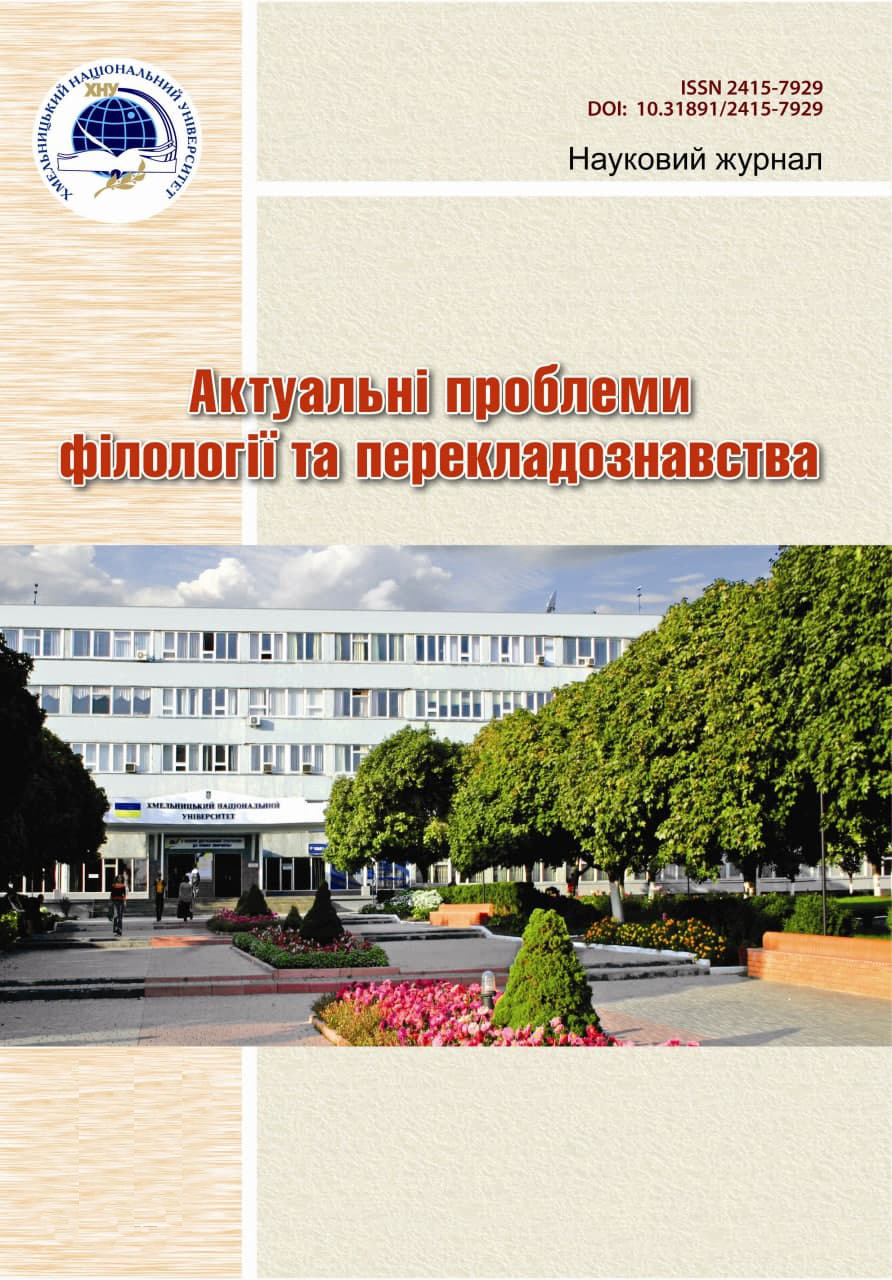PROBLEMS OF "CRIMEAN SONNETS" BY ADAM MICKIEWICZ: METHODOLOGICAL ASPECT
DOI:
https://doi.org/10.31891/2415-7929-2021-21-19Keywords:
Adam Mickiewicz, "Crimean sonnets", Polish romanticism, sonnetAbstract
Adam Mickiewicz is the founder of Polish Romanticism, one of the most famous writers and literary figures, who played a significant role in Polish culture. In his works he called for the struggle for independence, encouraged deep respect for the history and culture of the homeland. Mickiewicz was the principal poet of Polish Romanticism. His love lyrics, succinct and charged with emotion and meaning, raised the image of woman to a level of ideality previously unknown in Polish poetry. With his exalted patriotism, mystical feeling, and passionate appreciation of the positive aspects of Polish life, he came to epitomize the Polish spirit for succeeding generations of Polish writers. The lyrical cycle "Crimean Sonnets" is one of the most characteristic and popular in the creative heritage of the prominent Polish romantic poet Adam Mickiewicz. The Crimean Sonnets (Sonety krymskie) are a series of 18 Polish sonnets by Adam Mickiewicz, constituting an artistic telling of a journey through the Crimea. The Crimean Sonnets are romantic descriptions of oriental nature and culture of the East which show the despair of the poet – a pilgrim, an exile longing for the homeland, driven from his home by a violent enemy. The Crimean Sonnets are considered the first sonnet cycle in Polish literature and a significant example of early romanticism in Poland, which gave rise to the huge popularity of this genre in Poland and inspired many Polish poets of the Romantic era as well as the Young Poland period. The article characterizes the Polish literature of the Romantic era, explores the creative path of Adam Mickiewicz, clarifies the essence of the concept of the sonnet as a literary genre, identifies and analyzes the problems of "Crimean sonnets" by Adam Mickiewicz.
Downloads
Published
Issue
Section
License
Copyright (c) 2021 О. РОГУЛЬСЬКА, О. ТАРАСОВА (Автор)

This work is licensed under a Creative Commons Attribution 4.0 International License.

